
Findings from the phase 1b RedirecTT-1 study may support initiating larger studies evaluating teclistamab plus talquetamab for patients with relapsed or refractory multiple myeloma.

Your AI-Trained Oncology Knowledge Connection!


Findings from the phase 1b RedirecTT-1 study may support initiating larger studies evaluating teclistamab plus talquetamab for patients with relapsed or refractory multiple myeloma.

Investigators identify only 1 death related to treatment with acalabrutinib among older, frail patients with chronic lymphocytic leukemia in the phase 2 CLL-FRAIL trial.

Results from the phase 2 DARIA trial found an improved overall response rate in patients given daratumumab, ixazomib, and dexamethasone with relapsed/refractory multiple myeloma who were previously treated with lenalidomide.

Data presented at the 2022 European Hematology Association Congress demonstrated potential utility of the bispecific antibody RG6234 in a previously treated cohort of patients with multiple myeloma.
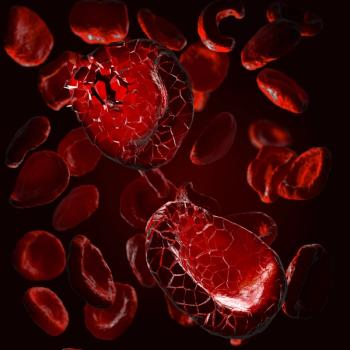
Patients with relapsed/refractory multiple myeloma experienced promising responses with REGN5458.

Older patients with acute myeloid leukemia who were treated with decitabine experienced comparable outcomes vs daunorubicin and cytarabine.
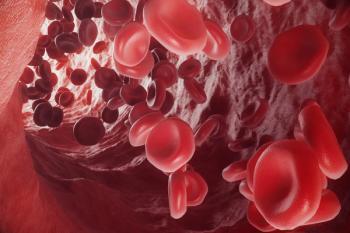
Patients with treatment-naïve chronic lymphocytic leukemia who were treated with venetoclax and obinutuzumab with or without ibrutinib experienced a progression-free survival benefit compared with standard chemoimmunotherapy.
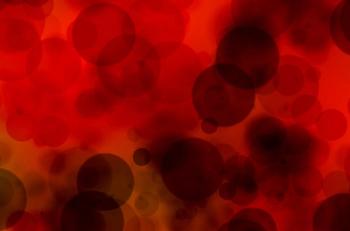
The combination of quizartinib plus chemotherapy yielded better survival outcomes vs chemotherapy alone in the frontline setting of FLT3-ITD-positive acute myeloid leukemia.

An expansion cohort from the phase 2 EPCORE NHL-1 trial demonstrated strong efficacy of epcoritamab in patients with relapsed/refractory large B-cell lymphoma.
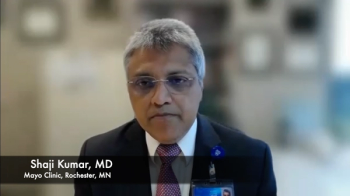
At EHA 2021, Shaji Kumar, MD, reviews the toxicity profile of daratumumab plus lenalidomide and dexamethasone for patients with transplant-ineligible multiple myeloma in the first-line setting.

At EHA 2021, Shaji Kumar, MD, reflects on the significance of 5-year data from the MAIA study of a daratumumab combination in patients with multiple myeloma.

At EHA 2021, Shaji Kumar, MD, reflects on the significance of 5-year data from the MAIA study of daratumumab plus lenalidomide/dexamethasone in patients with newly diagnosed multiple myeloma.

Shaji Kumar, MD, talks about 5-year follow-up data regarding the use of daratumumab, lenalidomide, and dexamethasone in patients with multiple myeloma who are not eligible for transplant.

Data presented from the phase 3 SIMPLIFY 1 and SIMPLIFY 2 trials at 2021 EHA indicate success of momelotinib in extending overall survival in patients with myelofibrosis who achieve transfusion independence.

At the 18-month follow-up, the CAR T-cell therapy led to early, deep, and durable responses with a manageable safety profile in patients with relapsed/refractory multiple myeloma.
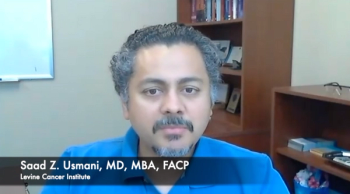
Usmani noted the strong overall response and stringent complete response rates observed with ciltacabtagene autoleucel for multiple myeloma at a median follow-up of 18 months.
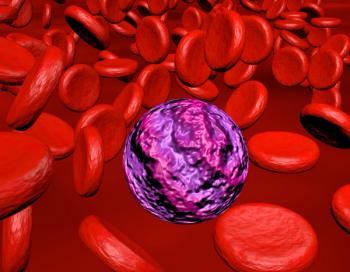
Real-world data regarding the use of tisagenlecleucel and axicabtagene ciloleucel CAR T-cell therapy are reported at 2021 EHA.

An end-of-study analysis of the LYRA trial found that patients with treatment-naïve and relapsed multiple myeloma achieved durable responses to daratumumab plus CyBorD induction followed by daratumumab maintenance therapy.
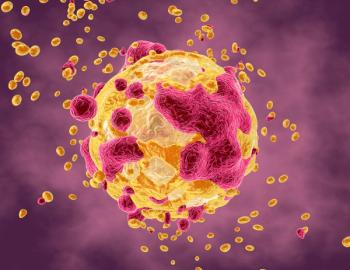
Real-world evidence evaluating the efficacy of rituximab maintenance following frontline BR or R-CHOP supports its use in mantle cell lymphoma.

Close monitoring for neurologic toxicity resulted in no long-term effects in a patient cohort treated with ciltacabtagene autoleucel for relapsed/refractory multiple myeloma.

Retrospective data presented at 2021 EHA revealed potential treatment gaps in the management of patients with myeloproliferative neoplasms.

A progression-free survival advantage persisted at the 3-year mark with venetoclax plus obinutuzumab in patients with previously untreated chronic lymphocytic leukemia.

Treatment with axicabtagene ciloleucel resulted in improved survival and tumor responses in patients with relapsed/refractory follicular lymphoma versus other available therapies.
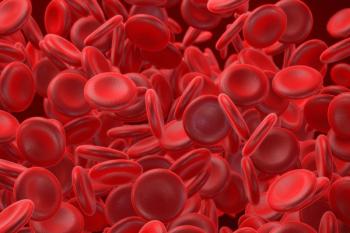
Clinical activity with the combination of naratuximab emtansine plus rituximab was observed in patients with relapsed or refractory diffuse large B-cell lymphoma.
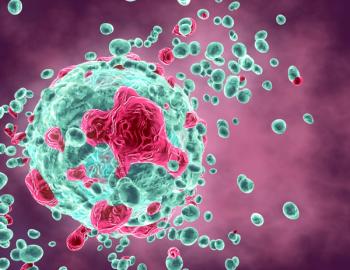
The risk of progression or death was statistically significantly reduced with the use of ibrutinib and venetoclax versus chlorambucil plus obinutuzumab in patients with treatment-naive chronic lymphocytic leukemia.
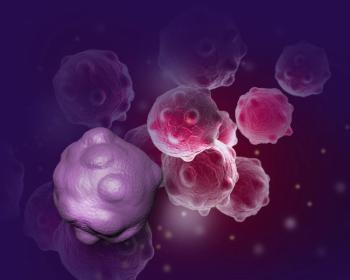
After almost 5 years of follow-up, results strongly support upfront daratumumab with lenalidomide and dexamethasone as a new standard of care for patients with transplant-ineligible newly diagnosed multiple myeloma.
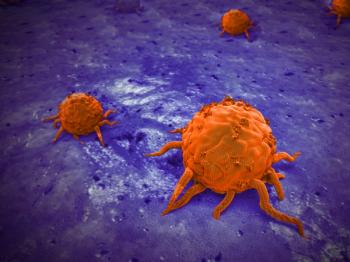
The addition of lenalidomide to rituximab continued to improve survival outcomes with durable responses among patients with indolent B-cell non-Hodgkin lymphomas and mantle cell lymphomas.

Patients with myeloma who received bortezomib, thalidomide, and dexamethasone with autologous stem cell transplant had better response duration when daratumumab was used as maintenance therapy.

Phase 1 data presented at 2021 EHA indicate that a high rate of response was associated with zandelisib plus zanubrutinib therapy in patients with relapsed/refractory B-cell malignancies and chronic lymphocytic leukemia.

Treatment with the CAR T-cell therapy ciltacabtagene autoleucel significantly improved outcomes for patients with relapsed or refractory multiple myeloma when compared with conventional therapies.